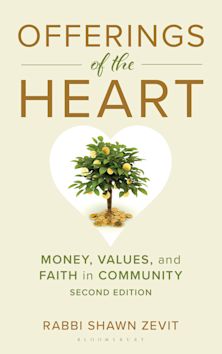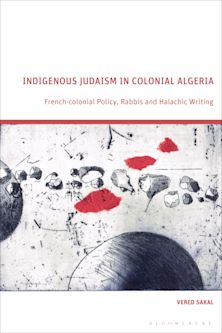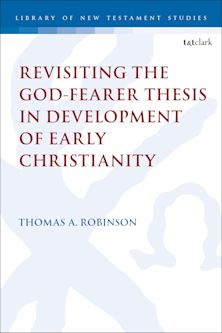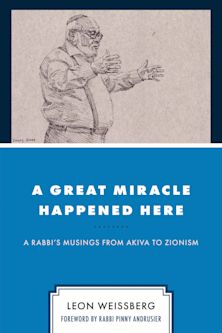Paradoxes in God's Garden
Jewish Philosophy and the Edenic Narrative
Paradoxes in God's Garden
Jewish Philosophy and the Edenic Narrative
This product is usually dispatched within 1 week
- Delivery and returns info
-
Free US delivery on orders $35 or over
Description
This edited collection offers new perspectives on perceived paradoxes in Israel’s religious heritage, with a particular focus on the Garden of Eden narrative and descriptions of Israel’s God. The chapters examine a number of themes related to these paradoxes, including (1) “knowledge” versus “life” (referencing the two Edenic trees); (2) paradoxes pertaining to knowledge in the biblical versus Socratic traditions and the Platonic “good” versus the apparent eschewing of the good-evil dichotomy in Garden of Eden; (3) difficulties implicating finitude versus infinity; (4) God’s Edenic garden versus rabbinical “orchard,” or Pardes, the traditional fourfold manner of Torah interpretation; (5) the question of the Sôd, or “secret” esoteric stratum or narrative channel within the text of the Torah; (6) the issue of idolatry; (7) the nature of Israel’s deity; (8) a comparative glimpse of the Israelite God vis-à-vis relevant Christian and Buddhist glosses on divinity; and (9) science-fictional explorations of the biblical exegesis discourse. The volume’s contributors are based in Canada; England; Poland; Israel; and the United States.
Table of Contents
Ori Z. Soltes
Part One: Paradisiacal Paradoxes
Chapter 1: The Tree of the Finite Life: Judaism and the Affirmation of Finitude
Agata Bielik-Robson
Chapter 2: Lost in the Garden of God and Good: Knowledge and Its Paradoxes from Genesis to Meno and Cratylus to Levinas
Ori Z. Soltes
Chapter 3: Mystical Gardening in Jewish Lore: YHWH’s Garden of Eden versus the Rabbinical Orchard of PaRDeS
Alex Shalom Kohav
Part Two: God, God’s Name, God’s Torah
Chapter 4: Torah, God, and Idol
Kevin Hart
Chapter 5: Metaphysics of the Name in Israelite Thought: The Hebrew Conception of God’s Nature
Michael T. Miller
Chapter 6: A Comparative Analysis of God and the Buddhas
Louis Hébert
Part Three: A Science-Fictional Afterword
Chapter 7: Taboo Knowledge or Knowledge of Taboo? Expulsion from Eden and Science Fiction Literature
Elana Gomel
Product details
| Published | Nov 18 2024 |
|---|---|
| Format | Hardback |
| Edition | 1st |
| Extent | 244 |
| ISBN | 9781666969801 |
| Imprint | Lexington Books |
| Dimensions | 9 x 6 inches |
| Publisher | Bloomsbury Publishing |
Reviews

ONLINE RESOURCES
Bloomsbury Collections
This book is available on Bloomsbury Collections where your library has access.


































